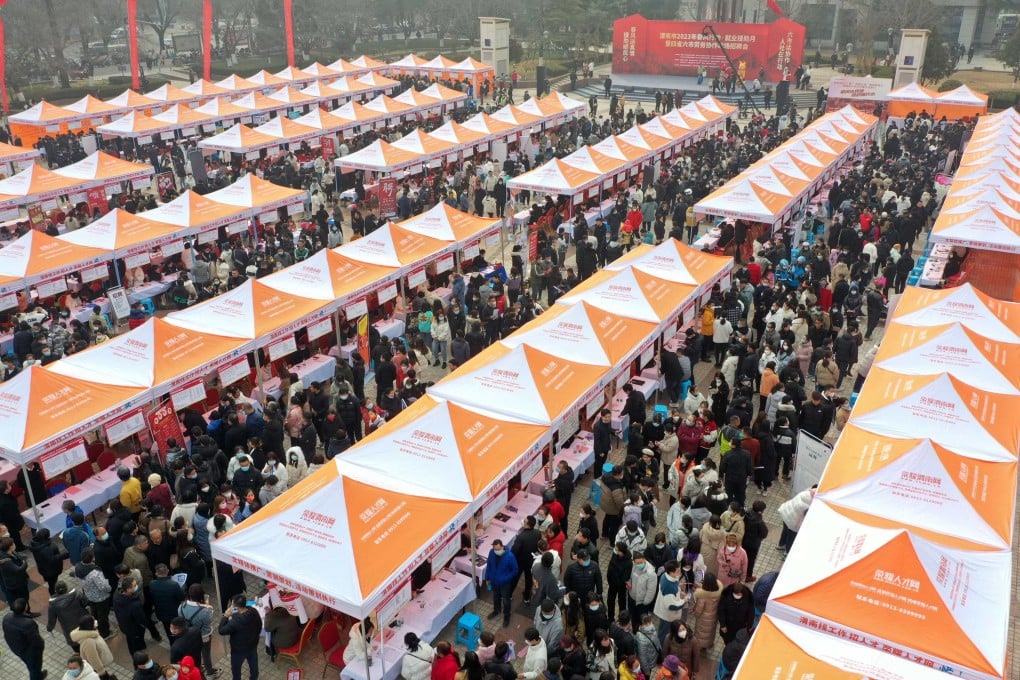China’s youngest millennials told they’re too old for jobs, and elder Gen Z workers are next
- Pervasive ageism is no secret in China, where it remains legal, but the outcry is approaching a deafening crescendo as the situation appears to be worsening
- With many companies still struggling to survive in China’s post-pandemic climate, even 27-year-olds may be seen as risky hires, and those over 30 need not apply

The writing on the wall is abundantly clear, brazenly spelled out with no-nonsense language in the job posting for a Chinese automotive services firm in Sichuan province.
“The average age of the team should be less than 30 years old,” states the notice seeking to fill a vacant human resources position.
Ms Yang, a 31-year-old living in Shanghai, says she has received almost no responses from the more than 100 firms to which she has applied since last month. With a master’s degree in social science, she is seeking work in the internet industry.
Declining to give her full name out of fear that it could further harm her ability to find a job, Yang said a number of companies are explicitly requiring candidates to be under the age of 30, and for some that number has dropped to 27.
